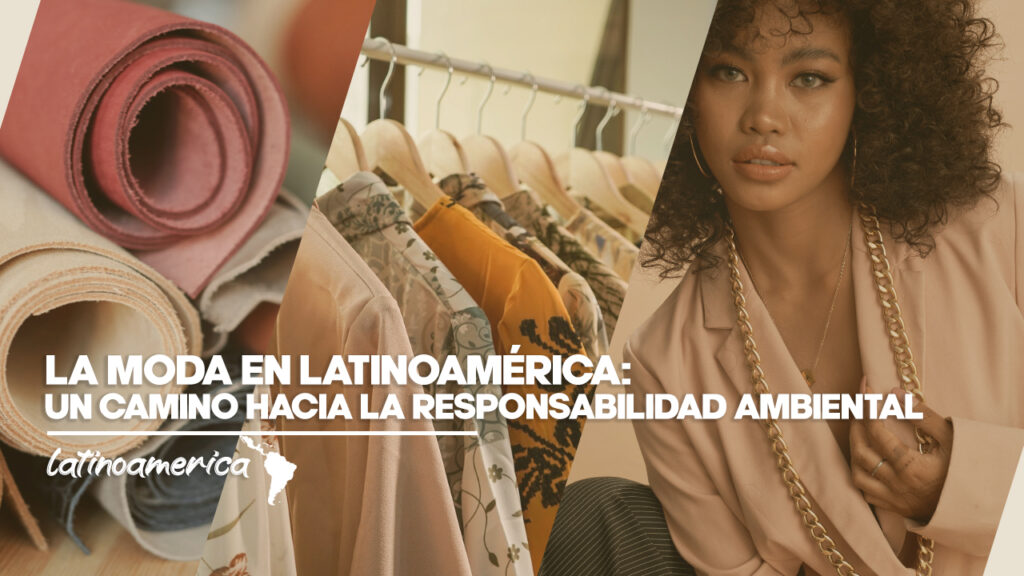Yes, it is possible to be successful in the fashion business in Latin America while incorporating more environmentally friendly processes. This is demonstrated by several companies based in Argentina, Brazil, Chile, Colombia, and Mexico, which have not only focused on fashion trends but have also implemented more responsible practices in their production and life cycles.
One of the most polluting industries on the planet is fashion, and for that reason, it is both a moral and legal obligation to evolve all of its production processes. This directly involves using more efficient and environmentally friendly raw materials, as well as how we handle the final product, both on a small and large scale. It inevitably leads us to ask questions like: What happens to unsold garments—clothing, footwear, and accessories—that must be taken off the market? What happens to clothes once they’ve completed their life cycle? How can I meet demand without negatively impacting my community and the environment in general?
That’s why we’ve gathered these success stories from Latin America, where innovative and environmentally responsible processes have been developed. Not only has this been economically beneficial for all these entrepreneurs, but it has also turned them into role models for future fashion entrepreneurs and the new generations of business owners who want to be successful without losing sight of their responsibility to contribute to building a cleaner, more sustainable world.
- Ecocitex (Chile) is responsible for creating threads from recycled materials, specifically donated clothing. It’s a company full of heart and commitment to the circular economy. We’re sharing the video so you can see the story.
2. Agua Bendita (Colombia) is a Colombian clothing brand known for its vibrant and colorful designs. The company uses sustainable materials like organic cotton, linen, and Tencel in its products. Agua Bendita is committed to sustainable production and providing employment opportunities for single mothers. Their handmade products are sought after worldwide. We’re sharing the video so you can see the story.
3. Desserto (Mexico) Two super talented Mexicans set out to create synthetic leather made from Nopal—a type of cactus that’s very common in the country. This revolutionary idea not only helps reduce water pollution from tanning processes, but it would also significantly decrease the need for animal sacrifice in the textile (leather) market.
4. Patagonia (Argentina) A globally recognized company for its commitment to sustainability. It implements circular practices across its entire supply chain, from design to after-sales. Patagonia offers a lifetime warranty for its products and encourages the repair and reuse of garments. The company uses recycled and organic materials in the production of its clothing and donates 1% of its sales to environmental causes.
5. Farm Rio (Brazil) This Brazilian company uses colorful and vibrant prints that celebrate the culture of its country. The brand supports several sustainability initiatives, such as the preservation of the Amazon.
If you know of other examples worth talking about and sharing with the community, write to us and share a brief overview of the company, venture, or initiative, along with its contribution to the Circular Economy, the environment, or material recovery processes and environmental sustainability.

